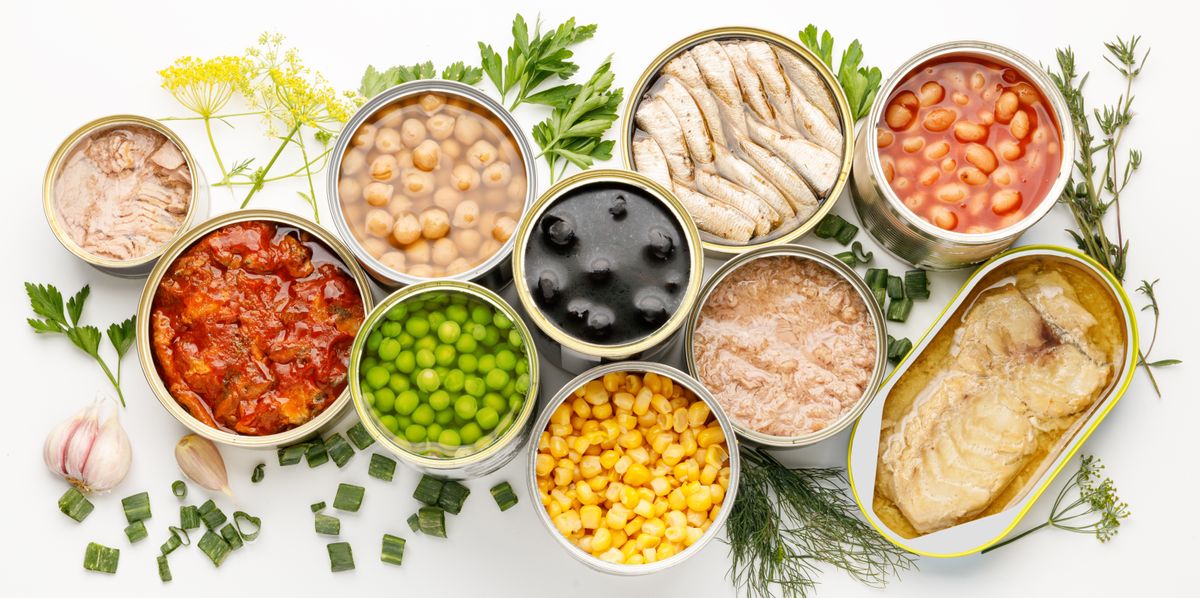In the realm of nutrition, the term "processed food" often carries a negative connotation that can make health-conscious consumers wary. Over the past decade, we've been inundated with warnings about the perils of consuming foods that undergo significant transformations from their natural state. After all, there's no such thing as a protein bar farm or an energy drink river, right?
However, it might be time to reassess our stance on processed foods. Many experts are now advocating for a more nuanced approach, urging people not to demonize them outright. The truth is, even some of the healthiest foods we consume have to undergo some level of processing before they make their way into our kitchens. Unless you're living on a self-sustaining farm, it's likely that processed foods are a part of your regular diet. The key distinction to keep in mind is the difference between processed and ultra-processed foods. Processed foods are those that have undergone some degree of alteration between the farm and your table. On the other hand, ultra-processed foods are extensively modified, often containing artificial flavors, colors, excessive sweeteners, preservatives, hydrogenated fats, and other questionable additives. It's these ultra-processed foods that have been primarily linked to adverse health outcomes such as obesity and heart disease.
In this article, we aim to clear up the confusion surrounding processed foods. Below, we've curated a list of 10 options that, despite being technically processed, offer notable health benefits. Continue reading to discover the foods you should consider stocking in your fridge and pantry to enhance your overall well-being.
1) Wholesome Whole Wheat Bread
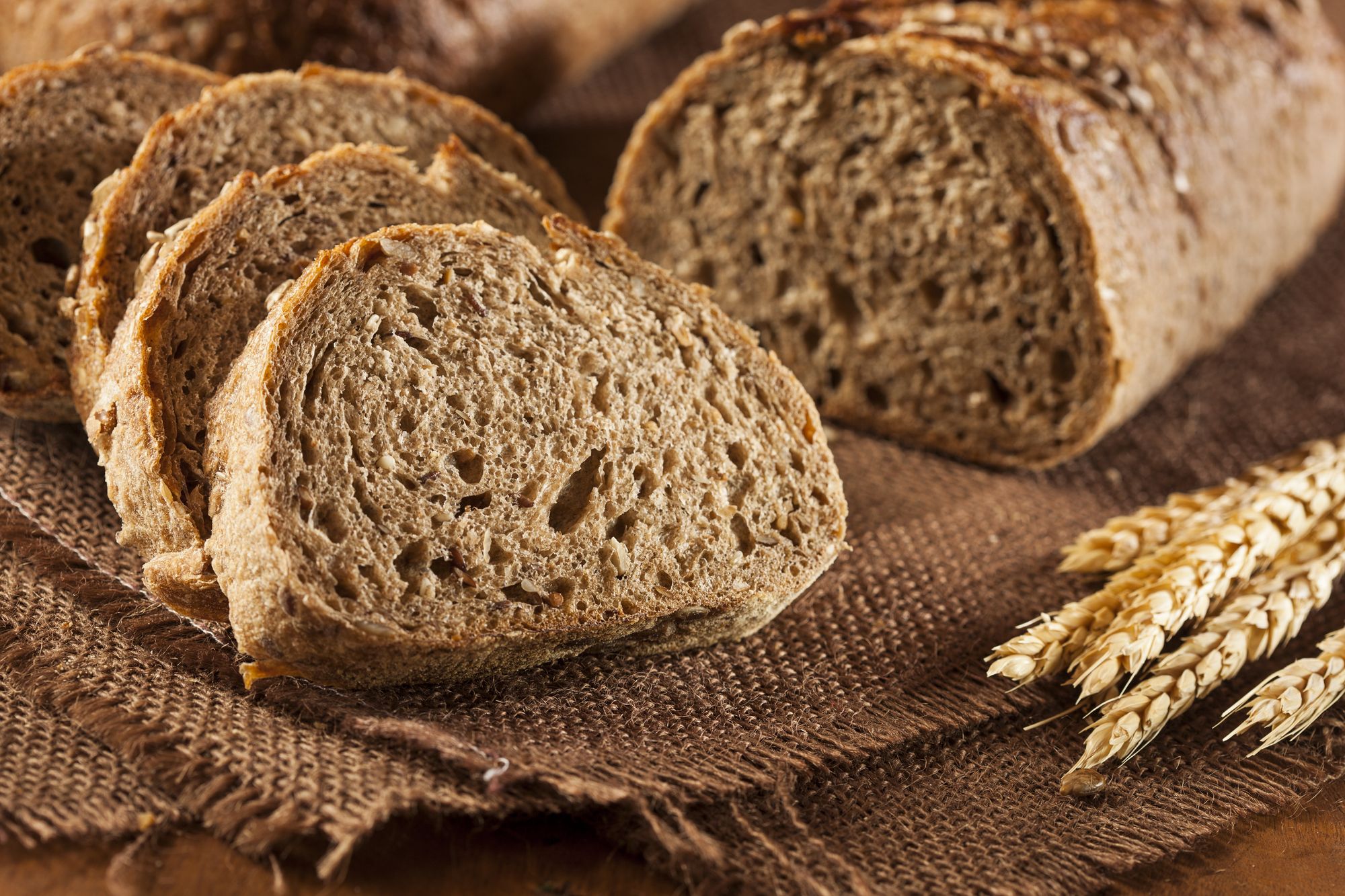
When it comes to bread, it's essential to recognize that all bread goes through a certain level of processing—after all, we're not harvesting loaves straight from bread trees. However, this doesn't mean you should steer clear of all bread options. Opting for bread with whole wheat as its primary ingredient can bring you an array of nutritional benefits, including fiber, essential micronutrients, and a modest amount of protein.
Haley Bishoff, RDN, the owner of Rūtsu Nutrition in Las Vegas, suggests Dave's Killer Bread as a processed yet health-conscious choice. She emphasizes, "Many of Dave's bread varieties are rich in fiber, omega-3 fatty acids, and even offer a few grams of protein per slice. While bread sometimes gets an unfair reputation, nutritious whole grain options like these can certainly be considered a valuable part of a healthy diet."
2) Convenient Canned or Frozen Lentils
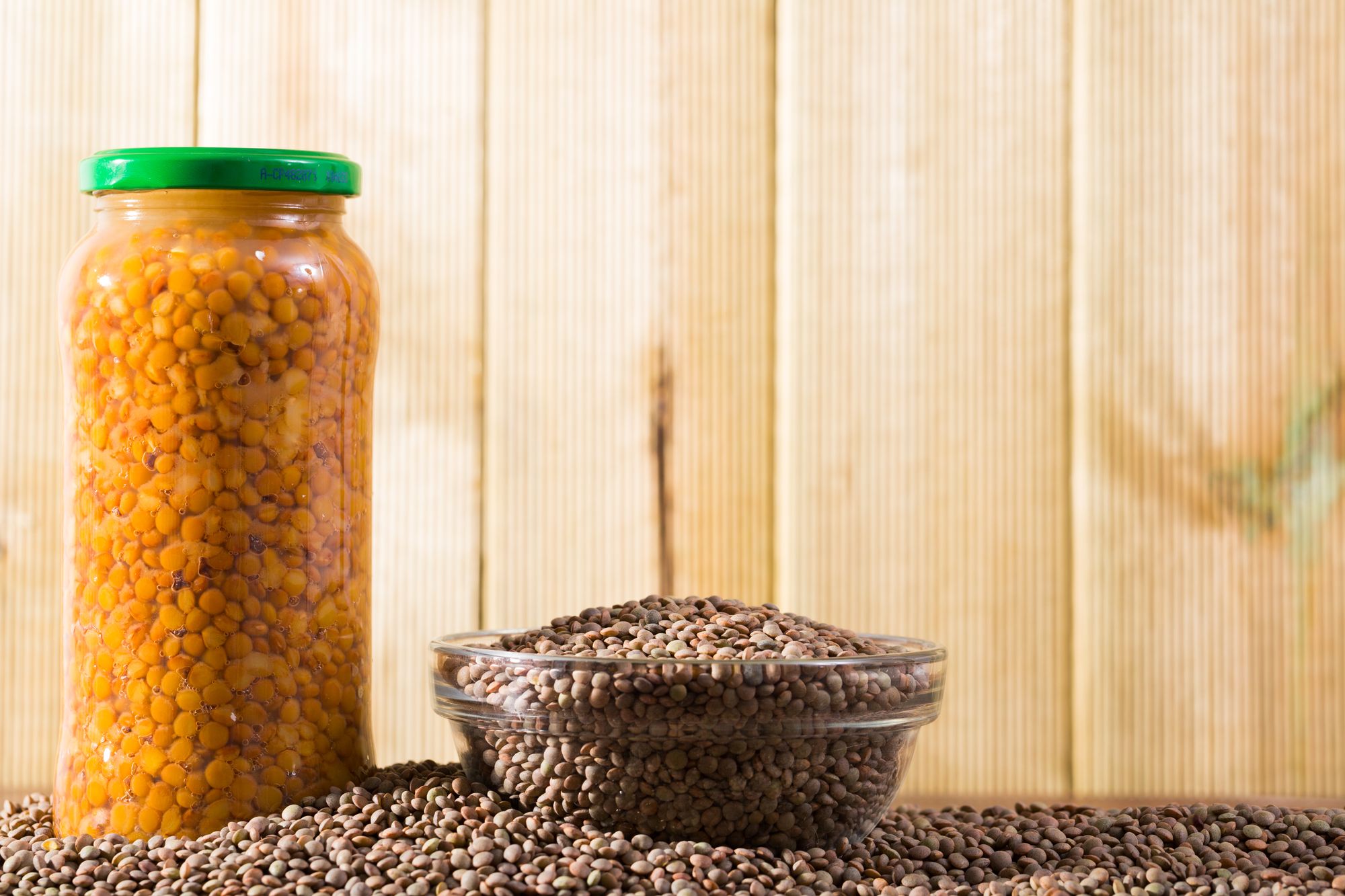
Plant-based protein has gained immense popularity, and for good reason. Plant foods like lentils not only provide ample protein but also deliver essential nutrients like fiber, folate, magnesium, manganese, and more. The great news is that you don't have to go through the traditional process of soaking and boiling lentils to enjoy their exceptional nutrition. Canned or frozen lentils offer just as many health benefits as their dried counterparts.
For an easy introduction to incorporating lentils into your meals, consider Trader Joe's microwaveable steamed lentils. Catherine Karnatz, MPH, RD, the creator of Nutrition Education RD, highlights their versatility, stating, "These lentils serve as a versatile plant-based protein source that can be enjoyed hot or cold. With 6 grams of fiber, 10 grams of protein, and 21 grams of complex carbohydrates per ½ cup serving, this little legume makes a perfect addition to soups and salads, promoting regular digestion, stable blood sugar levels, and sustained energy."
3) Yogurt's Creamy Process
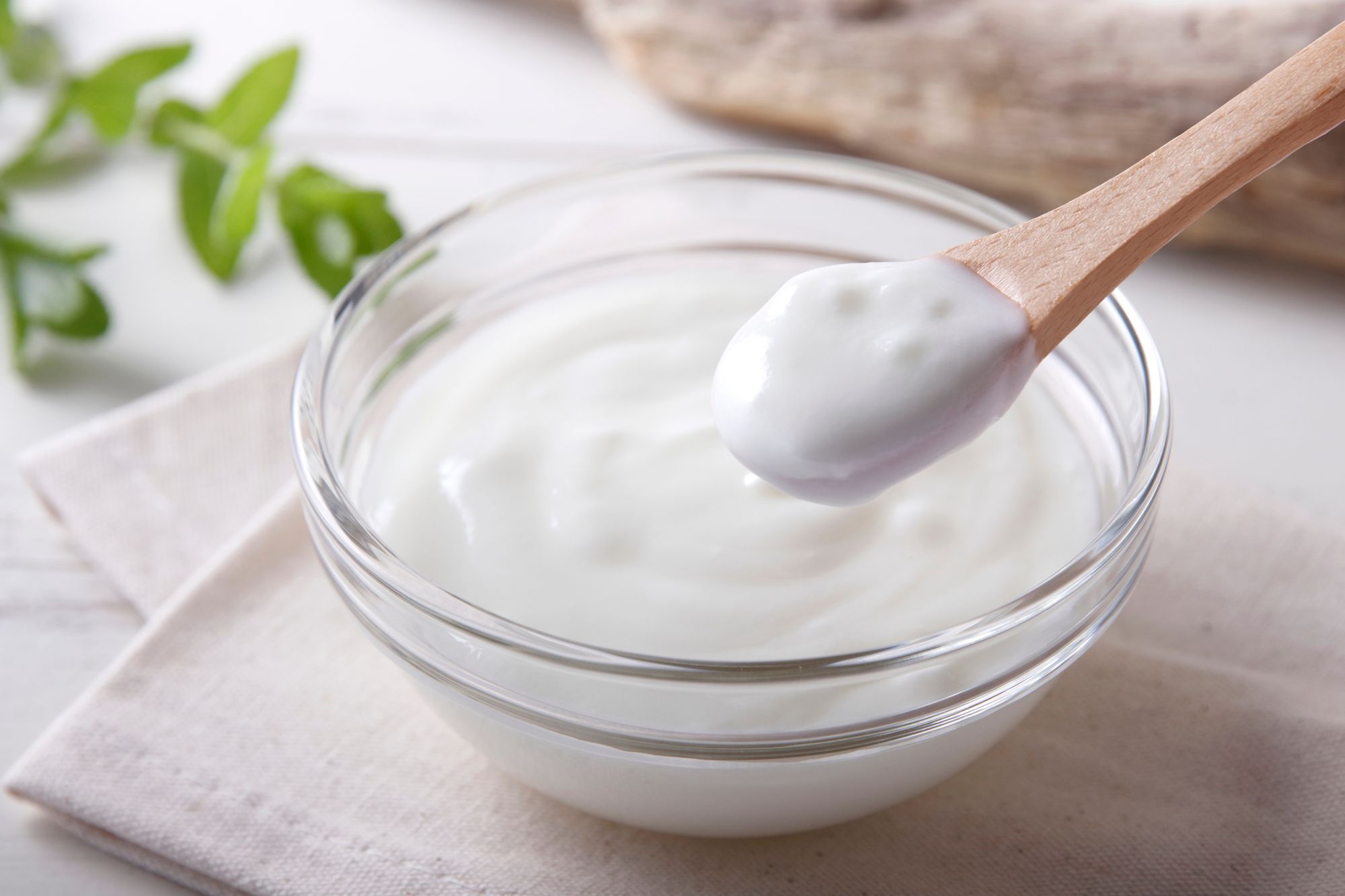
Yogurt may not be the first thing that comes to mind when thinking of processed foods, but it indeed undergoes a deliberate process to transform cow's milk into a thick, creamy dairy delight. Fortunately, these steps do not detract from yogurt's healthfulness. Steph Magill, MS, RD, CD, FAND, from Soccer Mom Nutrition, points out that yogurt is a valuable source of protein, calcium, vitamin B1, and probiotics that can enhance your digestive and immune health.
For the healthiest, least processed yogurt options, choose plain or lower-sugar varieties.
Magill suggests, "Look for plain yogurt with less than 12 grams of sugar per serving and add your own fresh fruits or nuts for flavor and sweetness."
4) Dried Fruit Delights
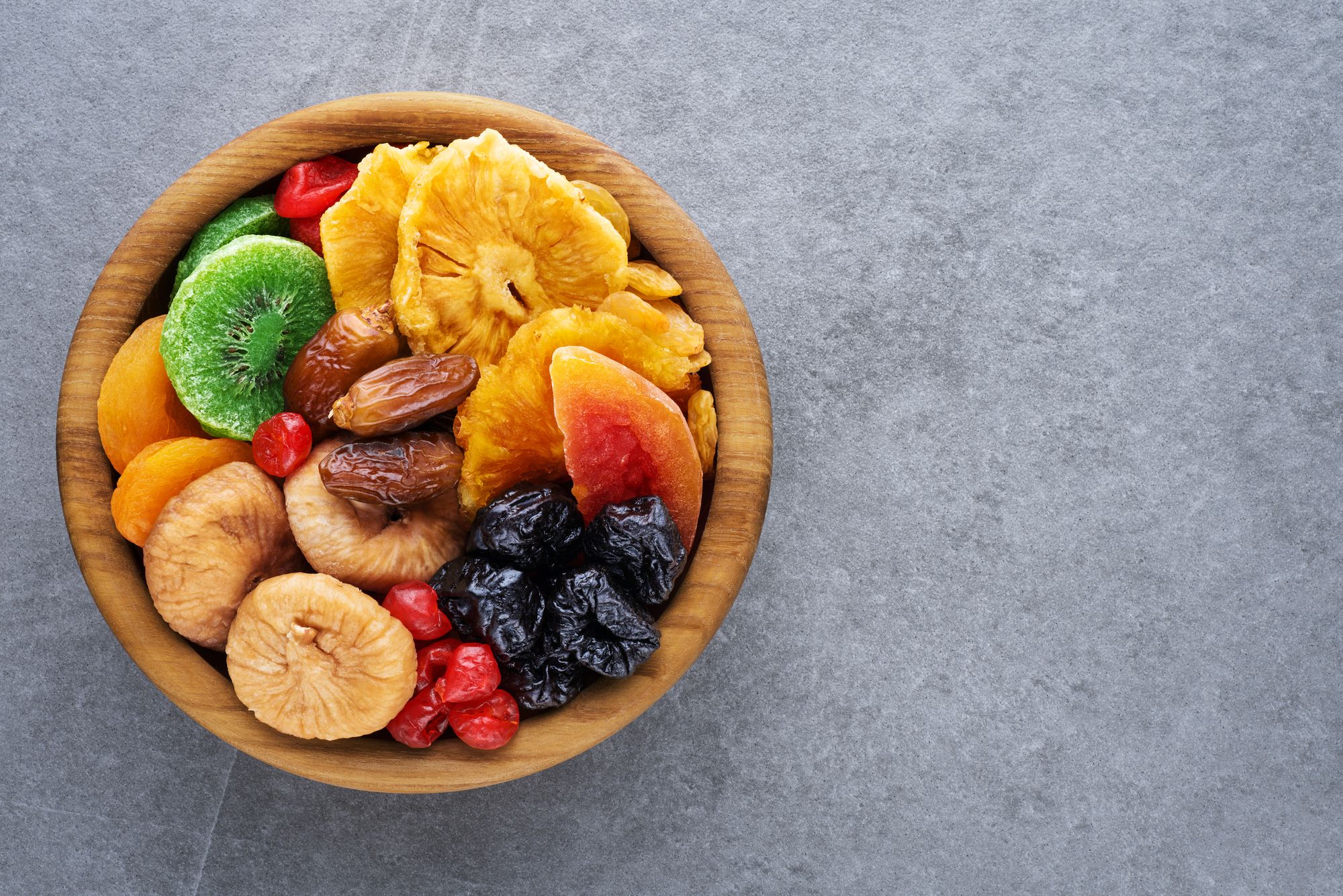
Despite being packaged and often found next to candy bars, dried fruits remain a healthy choice. Their lack of water content compared to fresh fruits doesn't diminish their nutritional value. In fact, dried fruits can sometimes offer even more fiber and antioxidants per serving.
Katie Schimmelpfennig, RD, founder of Eat Swim Win, recommends keeping raisins on hand as an energy-boosting snack. She notes, "Raisins are packed with fiber, iron, and carbohydrates to fuel both your brain and muscles." Alternatively, for a convenient dried fruit snack in bar form, explore That's It! bars. Made entirely from dried fruit—nothing else—they provide the nutritional equivalent of consuming a whole apple, mango, or pear.
5) Frozen Whole Grain Waffles for a Wholesome Start
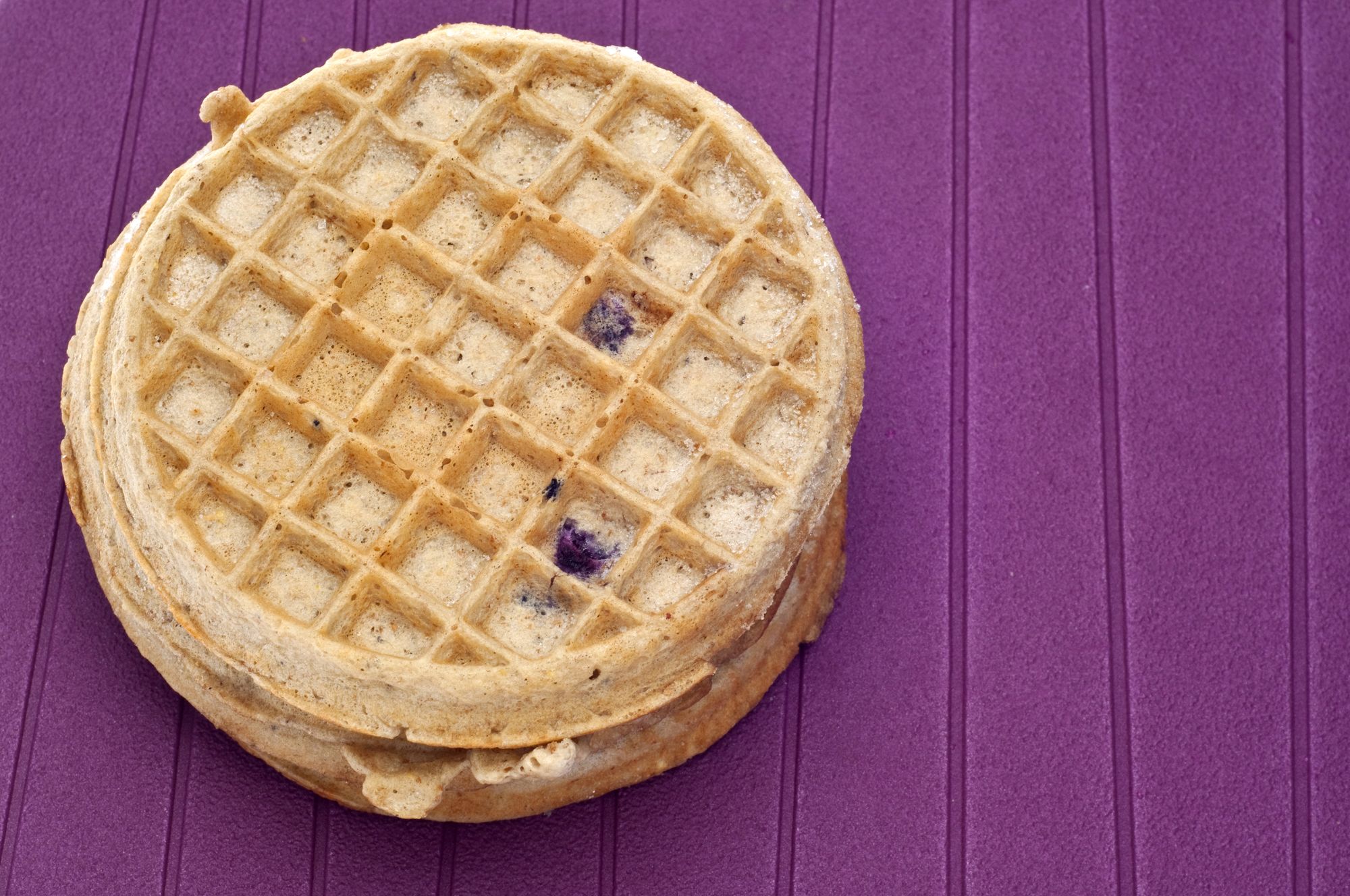
While frozen waffles made from refined flour may not be the most nutritious choice for breakfast, those crafted from whole grains can kickstart your day on a healthful note. Jessi Holden, MS, RDN, of The Kitchen Invitation, suggests that whole grain frozen waffles qualify as a nutritious processed food option because they offer complex carbohydrates and fiber. These elements promote sustained energy and support a healthy digestive system. Additionally, they're convenient, versatile, and make for an easy-to-prepare meal, especially when topped with a layer of nut butter and some fresh fruit.
6) Nutritious Popcorn Choices
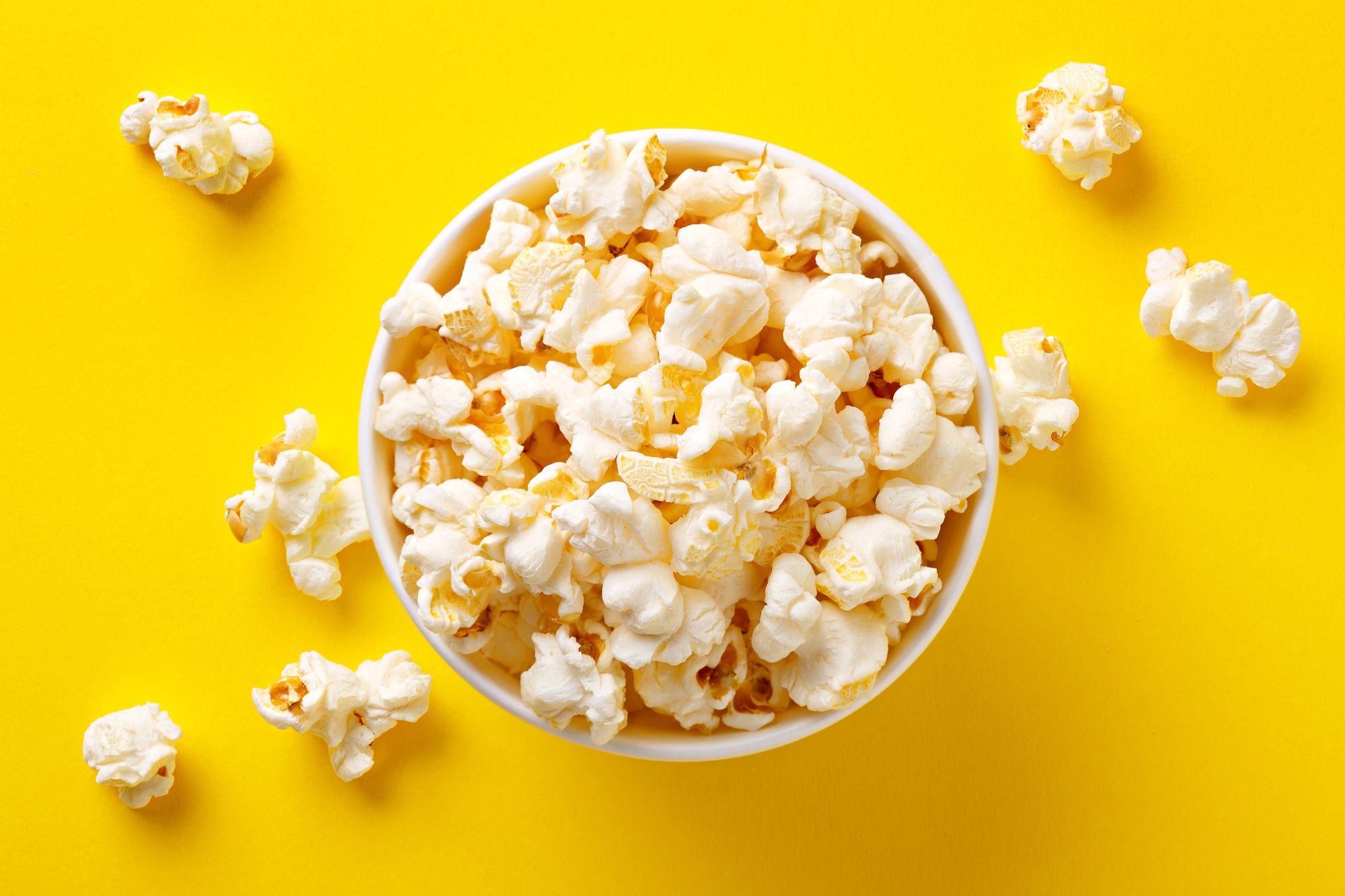
Microwave popcorn, particularly the buttery varieties, often hides trans fats and artificial flavors, categorizing it as ultra-processed. However, opting for plain or lightly salted popcorn leads to a significantly less processed option with several health benefits.
"Popcorn is a delicious and convenient snack packed with nutritional value," according to Chris Henigan, MS, RD, LDN of Simple Start Nutrition. "It boasts high fiber and magnesium content, offering only 100 calories for 3 cups. Personally, I prefer to buy plain kernels and pop them myself, allowing me to customize the flavors to suit my mood, such as chili lime, parmesan cheese, or even cinnamon sugar for a sweet treat."
7) Wholesome Hummus
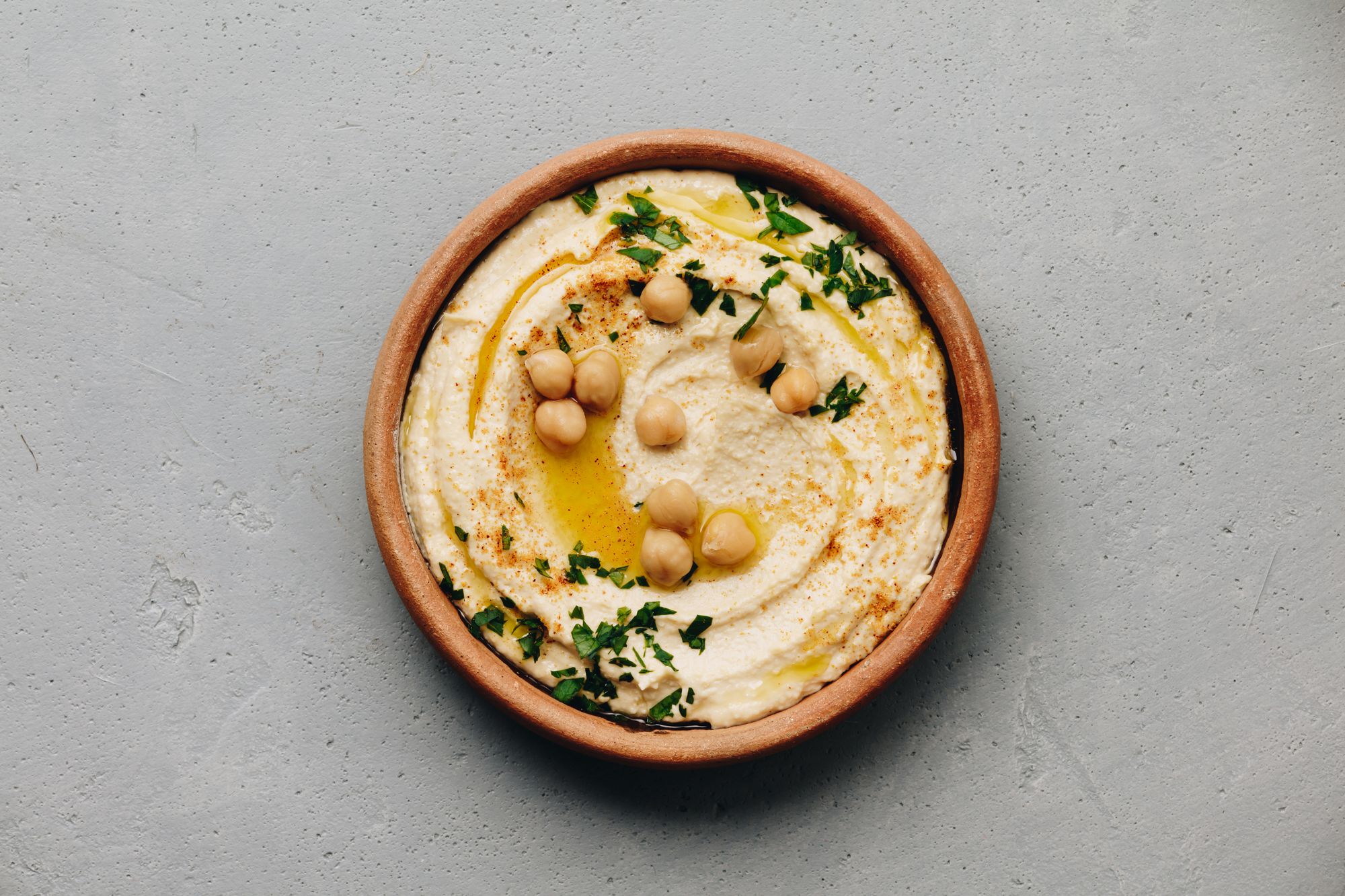
Although hummus undergoes processing, it remains a straightforward and nutritious food choice. "Hummus is primarily composed of garbanzo beans and olive oil, making it a heart-healthy snack rich in fiber and protein," explains Henigan. Pairing it with vegetable options like bell pepper strips or carrot sticks strikes an excellent balance between whole and minimally processed snacking.
8) Simplified Soy Milk
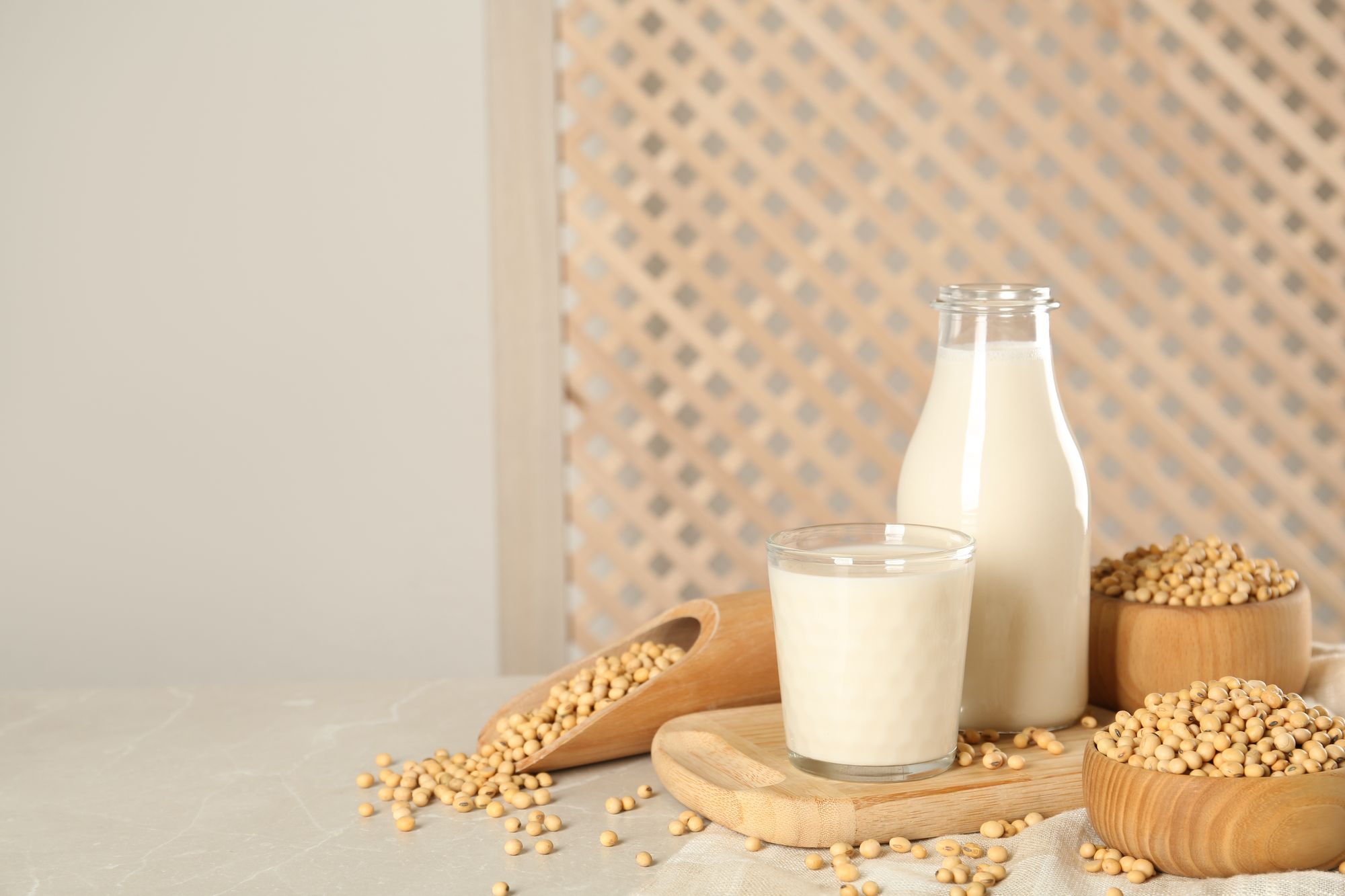
In the realm of plant-based, non-dairy milk options, the level of processing varies significantly. Some brands feature ingredient lists as long as your arm, complete with emulsifiers, fillers, and preservatives. However, simpler is often better.
"For vegans or individuals with lactose intolerance, I recommend soy milk," suggests Cheryl Mussatto MS, RD, LS, a clinical dietitian at Cotton O'Neil Heart Clinic in Topeka, Kansas, and author of The Nourished Brain. "Soy milk is the only plant-based milk offering complete protein and all the essential amino acids found in cow's milk. It is also fortified with calcium and vitamin D." Consider Pacific Foods' organic unsweetened soy beverage, consisting of just water and organic soybeans.
9) Canned Fish for Essential Fats
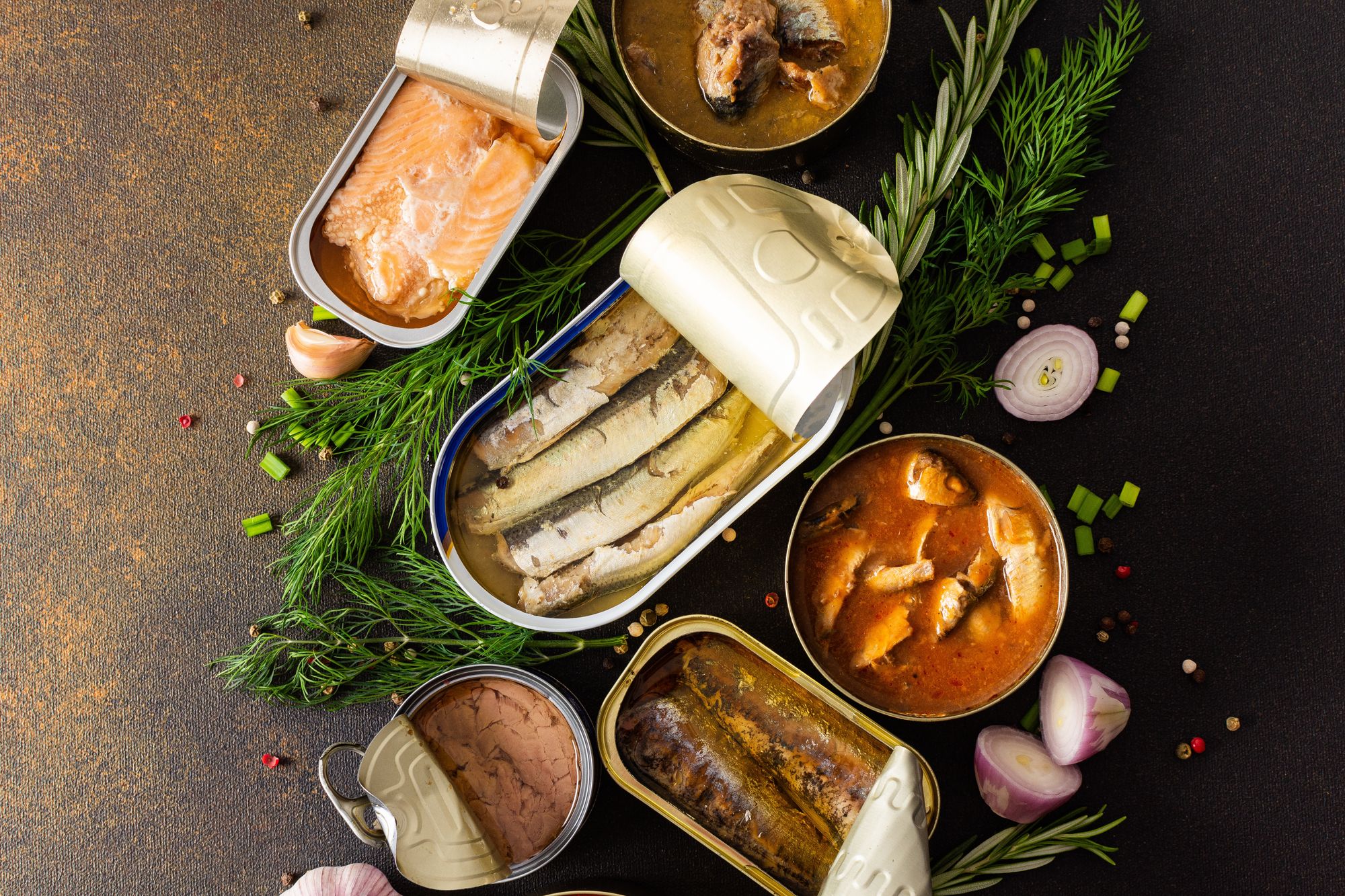
To meet your daily requirements for healthy fats and protein, consider canned fish. While it may undergo more processing compared to a fresh salmon fillet or trout caught from the river, canned fish still provides exceptional nutrition and is often more budget-friendly. Brittany Crump, MPH, RD, LD, CDCES, owner of Savor Nutrition, notes, "Canned fish, such as tuna or salmon, is a convenient choice for a quick meal. Fish is a fantastic source of omega-3 fatty acids, which promote heart health and support brain function."
10) Bean-Based Pasta Power
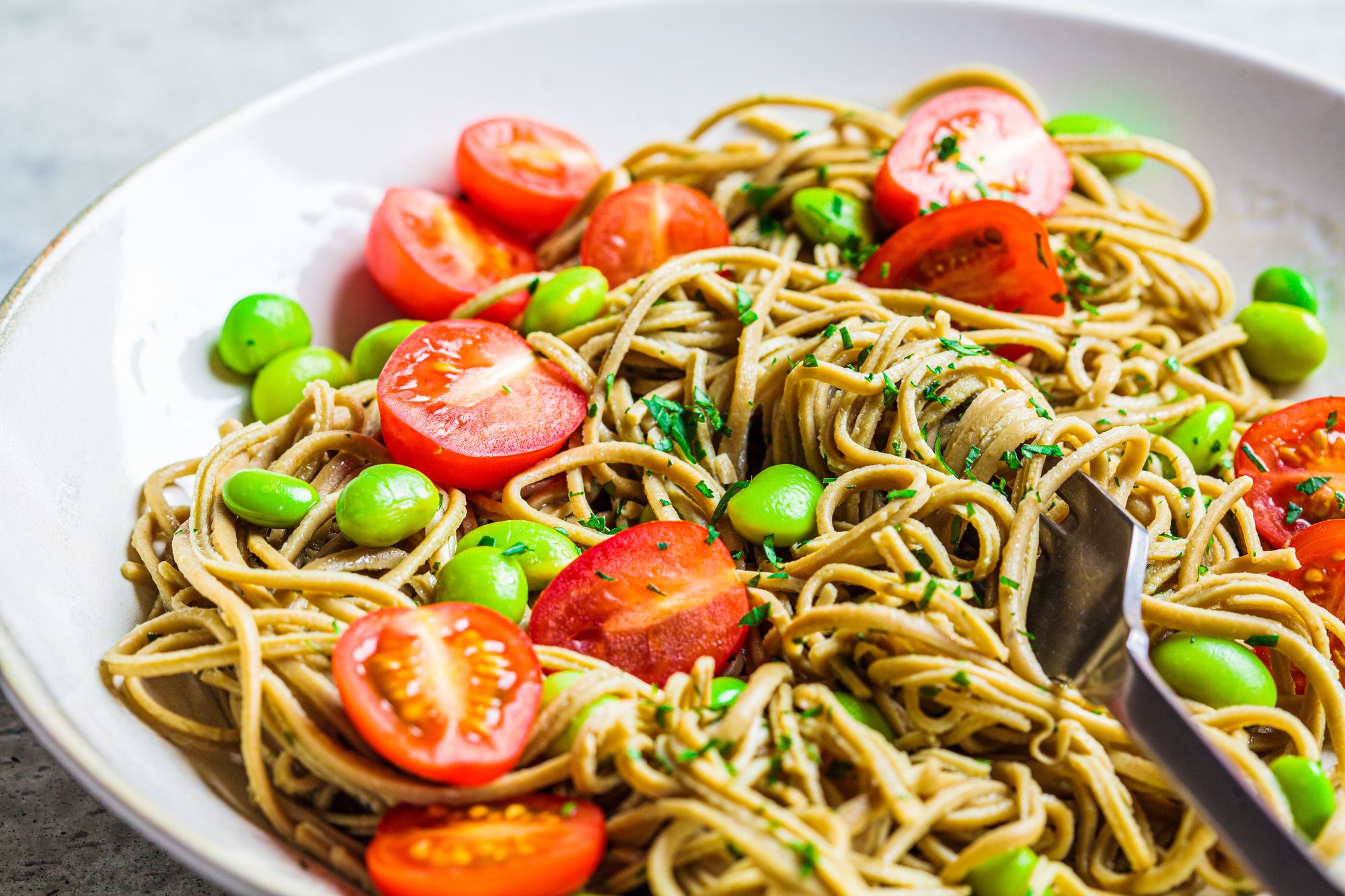
"As a pediatric dietitian and a mother of three, one of my favorite methods for helping my children meet their protein and fiber needs is by incorporating bean- and legume-based pasta," shares Malina Malkani, MS, RDN, CDN, a dietitian and author. Her top pick is Barilla's chickpea penne pasta. "While it may be processed, it serves as a nutritious alternative to traditional pasta for anyone seeking to boost the nutrient content of their meals and integrate sustainable, plant-based proteins into their diets." This bean-based penne offers 15% of the Daily Value for iron, 12 grams of protein, and 8 grams of fiber per serving.

